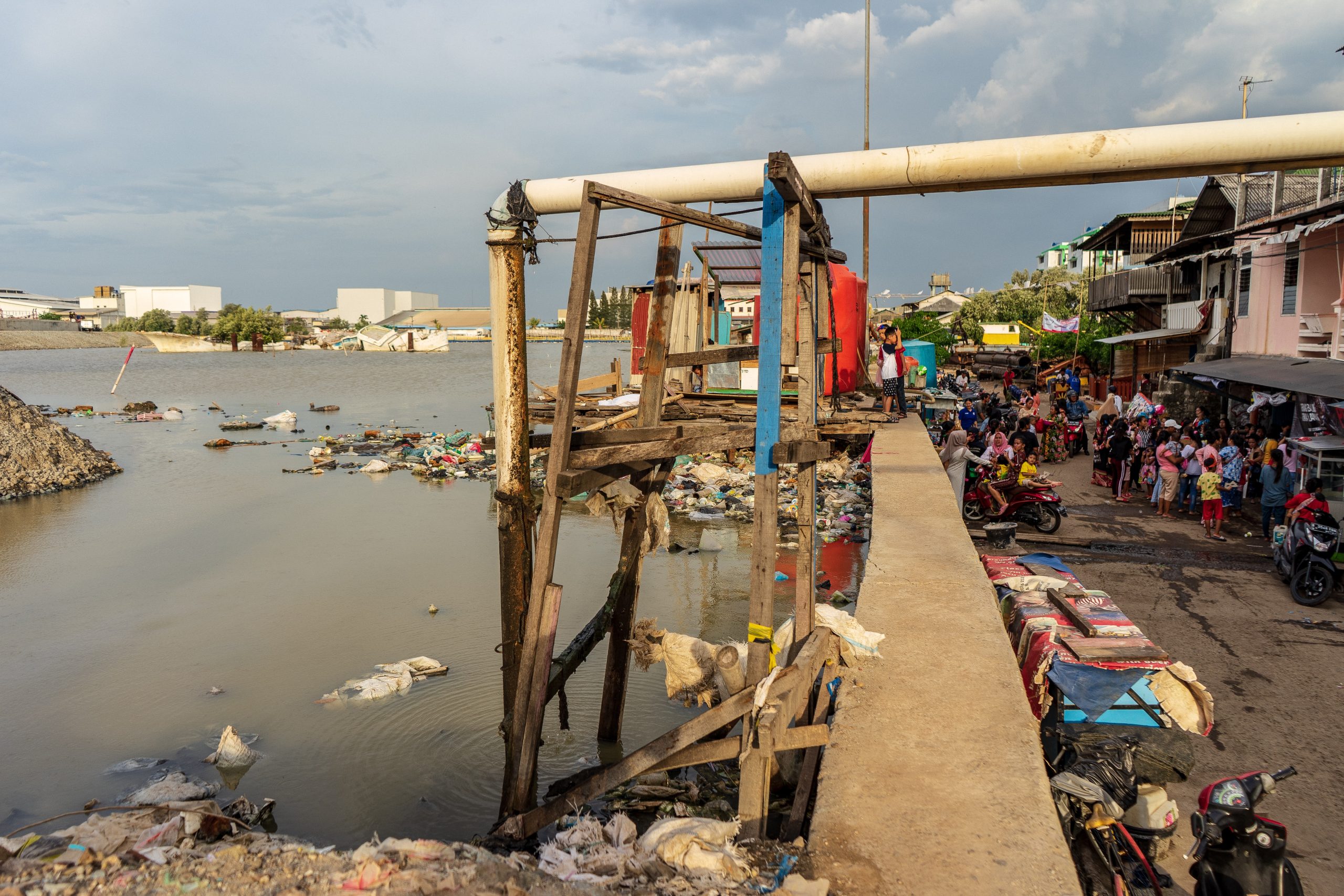Table of Contents
ToggleIntroduction:
Flooding is one of the most devastating natural disasters in the world, and Jakarta, the capital city of Indonesia, is no exception. Over the years, Jakarta has been grappling with the impact of severe floods, which have affected millions of people and caused significant damage to property and infrastructure. This article will explore the causes and impact of flooding in Jakarta, and the urgent need to increase climate change awareness and take action to mitigate its effects.
The Causes of Flooding in Jakarta
Jakarta’s location on the coast, coupled with its densely populated urban areas and poor drainage systems, makes it highly susceptible to flooding. However, human activities such as deforestation, urbanization, and industrialization have exacerbated the situation. Deforestation in the upstream areas of the rivers that flow into Jakarta has led to increased soil erosion, sedimentation, and reduced water retention capacity. Urbanization and the construction of buildings, roads, and other infrastructure have also led to the destruction of natural drainage systems, leaving fewer areas for rainwater to seep into the ground. Additionally, Jakarta’s rapid industrialization has led to increased pollution, which has further degraded the city’s waterways and reduced their carrying capacity.
The Impact of Flooding in Jakarta
The impact of flooding in Jakarta has been devastating, affecting millions of people and causing significant damage to property and infrastructure. The city’s poor drainage systems are unable to handle the massive amounts of rainfall, leading to flooding and waterlogging. This, in turn, leads to the spread of waterborne diseases, displacement of people, damage to crops and livestock, and loss of life. The economic impact is also significant, with businesses and industries forced to shut down, leading to job losses and reduced productivity.
Climate Change and Flooding in Jakarta
Climate change has contributed significantly to the increased frequency and intensity of flooding in Jakarta. Rising global temperatures have led to more frequent and severe weather events such as heavy rainfall and storms. This has increased the risk of flooding in Jakarta, which is already vulnerable due to its location and poor infrastructure. The effects of climate change are likely to worsen in the future, making it essential to take urgent action to mitigate its effects.
The Urgent Need to Increase Climate Change Awareness and Mitigate Its Effects
To address the impact of flooding in Jakarta, there is an urgent need to increase climate change awareness and take action to mitigate its effects. This includes educating the public on the causes and effects of climate change, promoting sustainable practices such as reforestation and reducing pollution, and investing in climate-resilient infrastructure such as improved drainage systems and water retention structures. Governments, civil society organizations, and the private sector must work together to develop and implement effective policies and strategies to mitigate the impact of climate change and reduce the risk of flooding.
Conclusion:
Flooding in Jakarta is a significant challenge that requires urgent action to mitigate its effects. The causes of flooding are complex and multifaceted, and addressing them requires a holistic approach that includes addressing the impact of climate change, promoting sustainable practices, and investing in climate-resilient infrastructure. It is essential to increase climate change awareness and work together to develop and implement effective policies and strategies to mitigate its effects. Only by doing so can we ensure that Jakarta is resilient to the impact of climate change and can build a sustainable future for its citizens.







